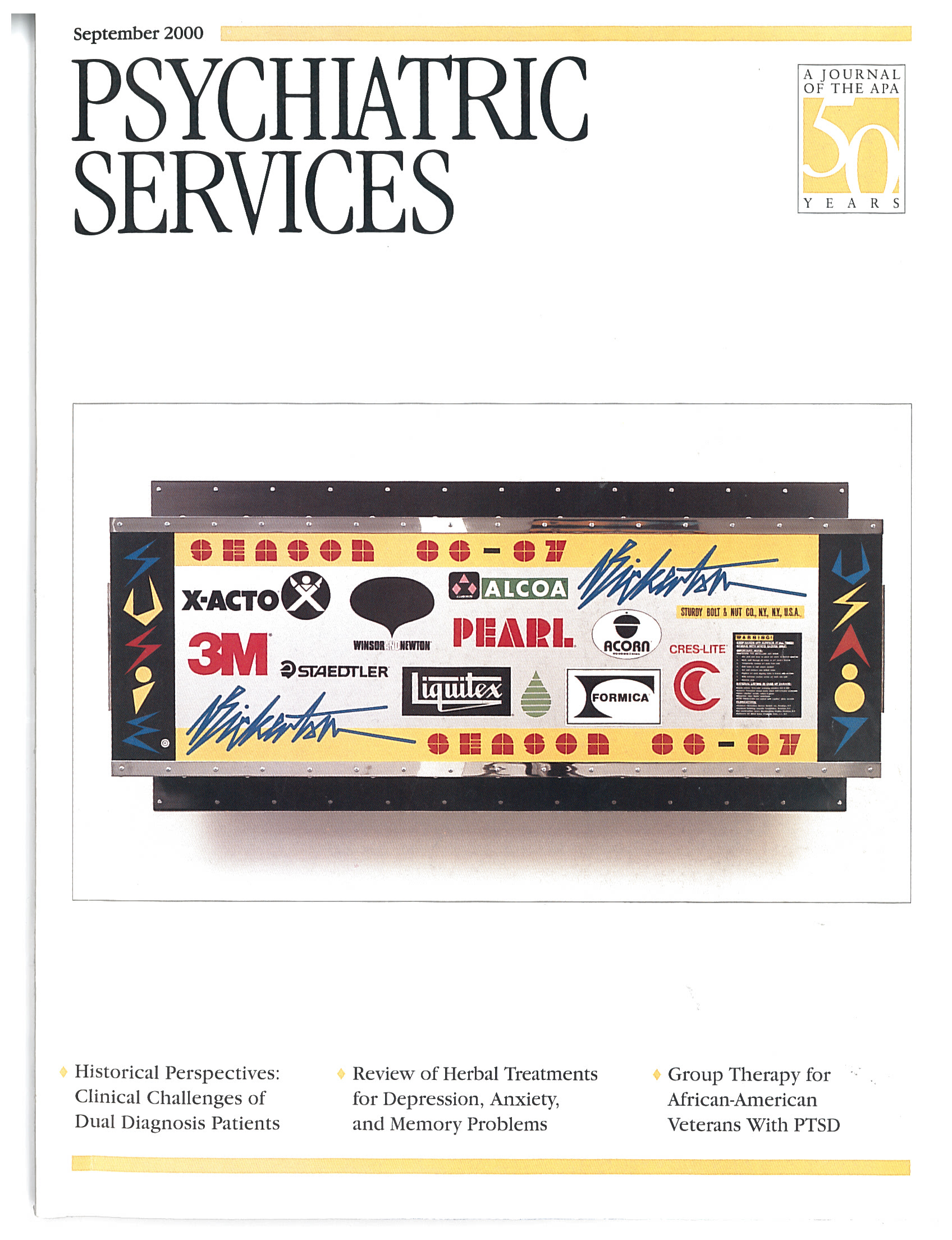Computerized Monitoring of Valproate and Physician Responsiveness to Laboratory Studies as a Quality Indicator
Abstract
Using computerized pharmacy, laboratory, and hospitalization data from a large state psychiatric hospital system, this study examined physician responses to laboratory studies obtained in the course of therapeutic drug monitoring. Computerized monitoring modules based on physician-developed guidelines identified out-of-range laboratory values and searched for appropriate corresponding physician responses within clinically driven, mathematically adjusted time frames. Valproate monitoring in four metropolitan hospitals showed that appropriate physician responses were associated with shorter hospital stays for patients and were predictive of length of stay in a multiple regression analysis (p<.001). After physicians received didactic feedback, the percentage of appropriate responses to low serum valproate levels increased.



